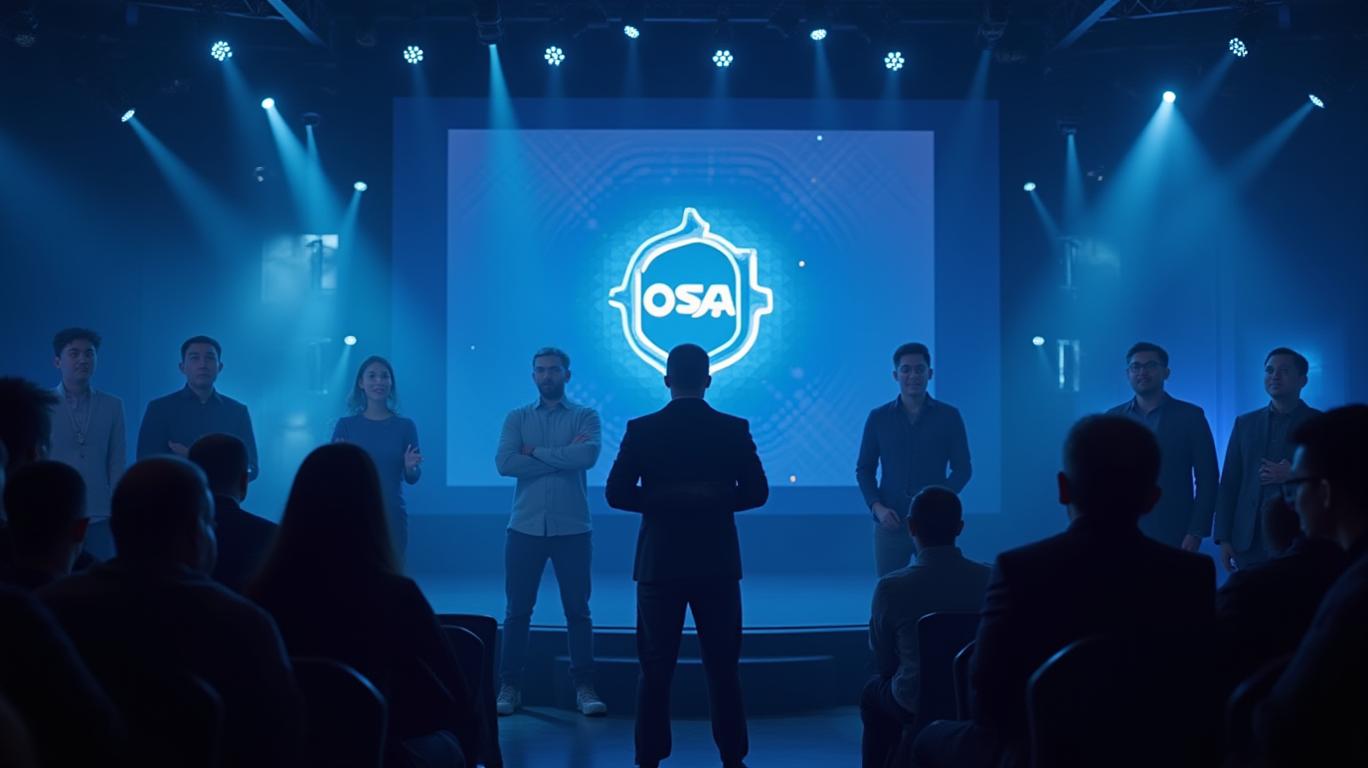OpenSea Unveils OS 2.0, Introduces SEA Token for Governance
OpenSea, a pioneer in the NFT marketplace, has unveiled OS 2.0, a revamped platform designed to enhance speed, reliability, and modularity. This transition marks the culmination of two years of engineering efforts, aimed at rebuilding OpenSea for the next generation of Web3 infrastructure. The new version introduces a uniform smart contract basis across all chains, starting with Ethereum and expanding to other networks in the future. These contracts are upgradable, modular, and optimized for creators and collectors, ensuring better load times, improved reliability, and lower gas fees. Features such as premium order types, royalty optimizationRMCO--, and on-chain compliance are designed to give creators more control and enhance the functionality for traders.
The launch of OS 2.0 is accompanied by the introduction of the SEA token, OpenSea’s native governance token. This token grants holders voting rights in decision-making processes for protocol upgrades, incentive design, and treasury payouts. Unlike other marketplace tokens that primarily offer fee discounts, the SEA token is designed to influence the direction of the platform, aligning with the decentralization ethos of Web3. The airdrop structureGPCR-- benefits long-time OpenSea buyers, regular NFT traders, and early adopters, with qualification based on contribution history and on-chain activity. OpenSea has already launched a claims page where qualified wallets can confirm and redeem their allocations, with the initial distribution live and additional waves planned over the next few months.
One of the key features of OS 2.0 is its modular smart contract system, which allows for quick upgrades and feature extensions without the need for complete redeployment. This capability enables faster platform improvements, quicker responses to creator and community feedback, and reduced downtime from significant changes. Additionally, OS 2.0 facilitates gas-optimized execution, reducing listing and purchasing NFT fees. This helps bridge the cost gapGAP-- between decentralized and centralized platforms, making OpenSea more attractive to new users.
The launch of the SEA token has generated significant excitement within the NFT community. Traders are closely monitoring eligibility criteria and positioning themselves to participate in DAO governance. Early feedback on OS 2.0 has been overwhelmingly positive, with users reporting smoother experiences and appreciating OpenSea’s transparency in releasing its roadmap. However, the success of these initiatives will depend on their implementation and OpenSea’s ability to build trust across communities after years of dominance in the centralized landscape.

Quickly understand the history and background of various well-known coins
Latest Articles
Stay ahead of the market.
Get curated U.S. market news, insights and key dates delivered to your inbox.



Comments
No comments yet